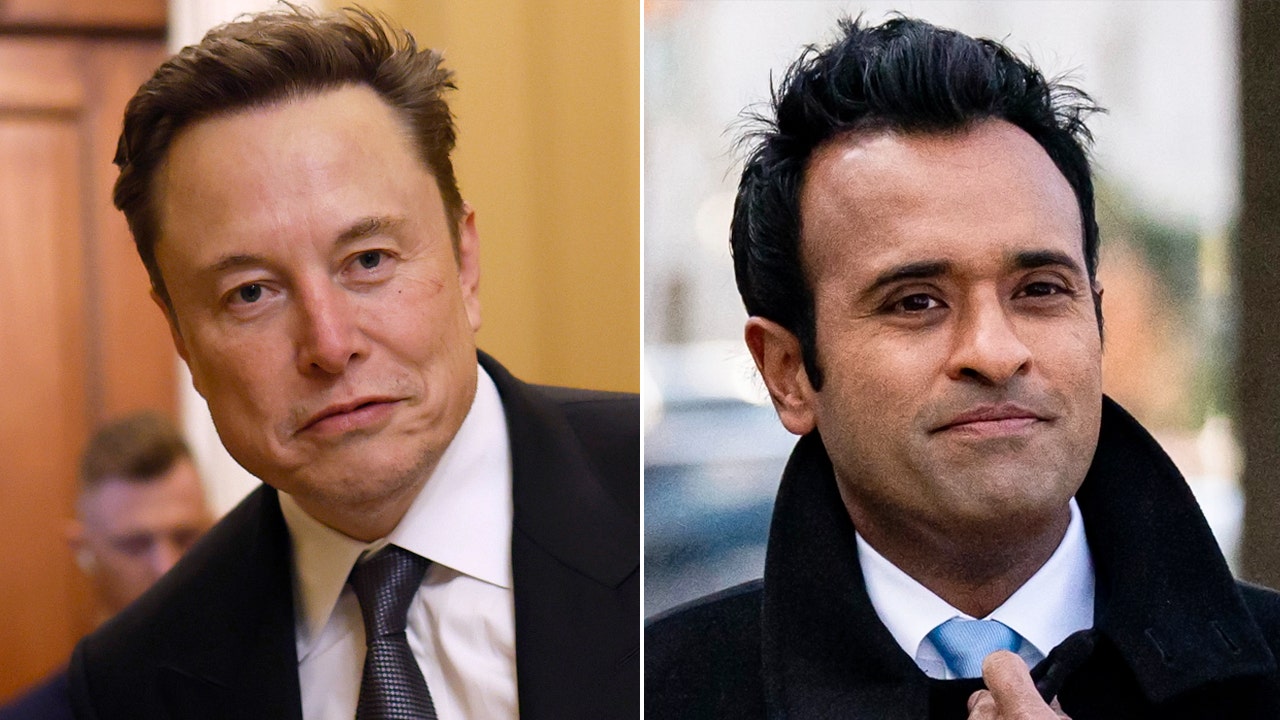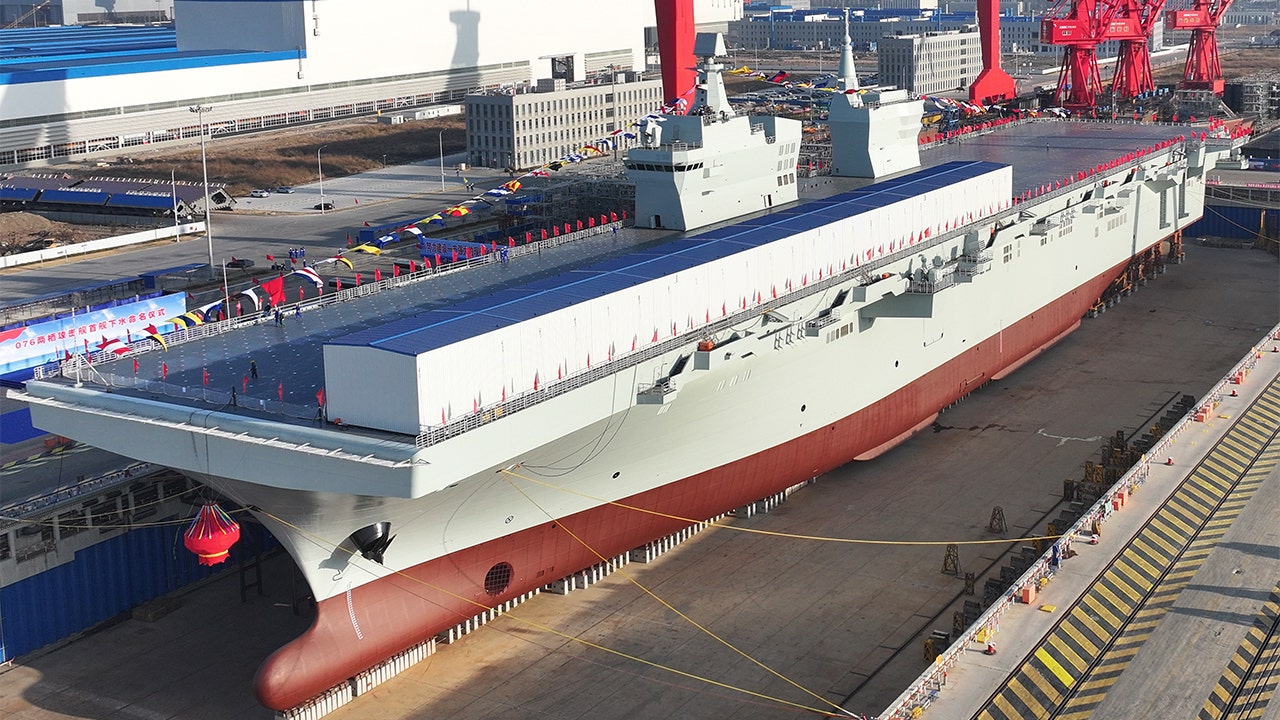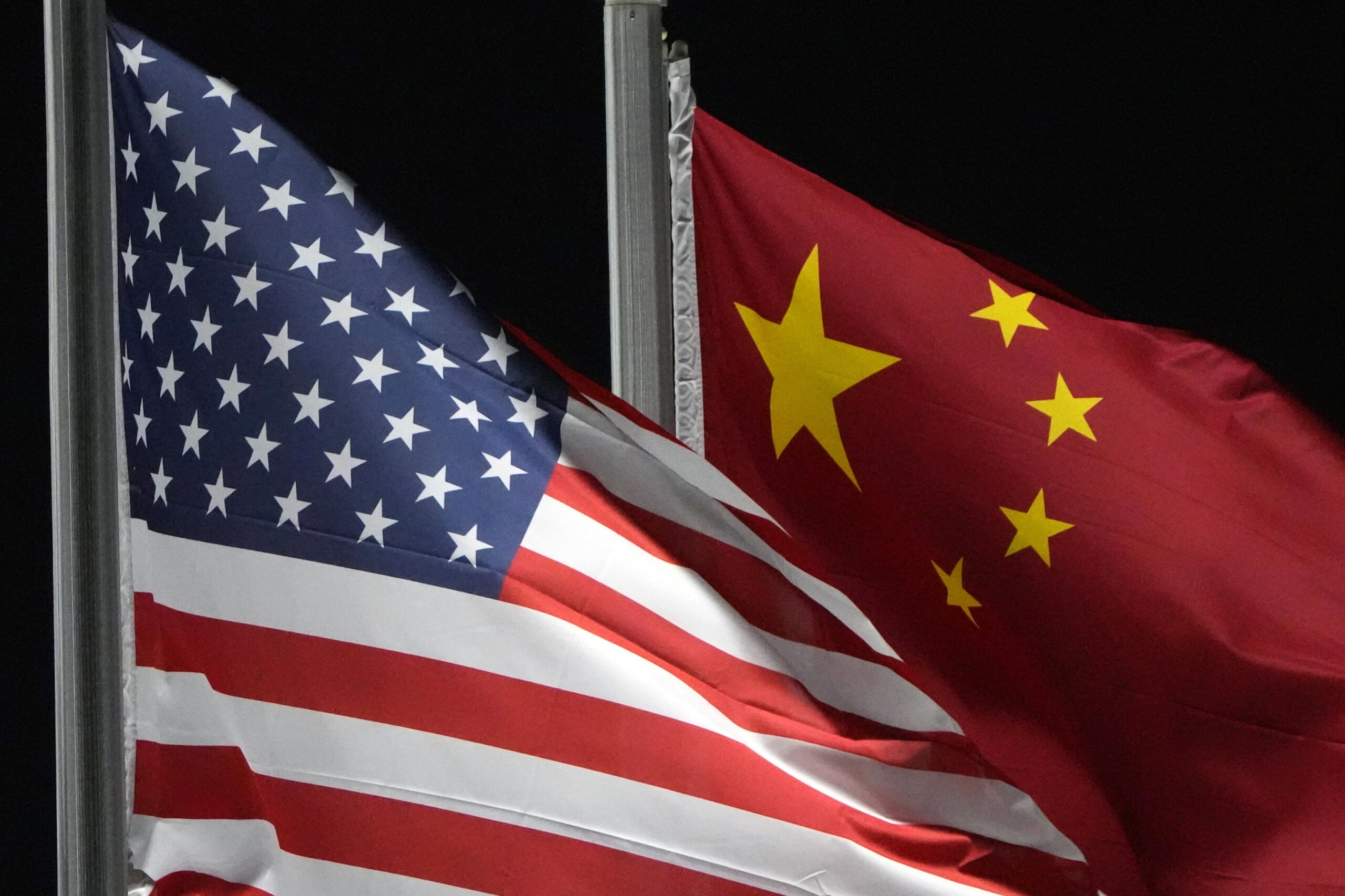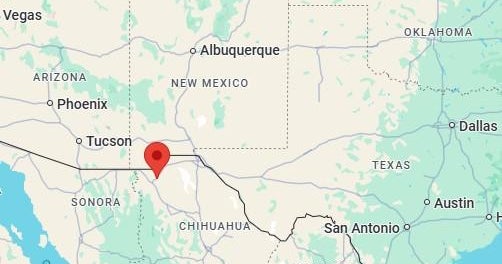World
Israeli cabinet approves cease-fire with Hezbollah
Israeli settlers hope Trump will realize their West Bank hopes
Jewish settlers are optimistic that incoming U.S. president Donald Trump will help them with the annexation of the West Bank into Israel.
Israel and the Iran-backed Lebanese militant group Hezbollah reached a cease-fire deal on Tuesday, providing a path to end a war that’s killed thousands of people since it was first ignited by the Israel-Hamas war.
Israeli Prime Minister Benjamin Netanyahu said Tuesday he was ready to implement a cease-fire deal with Lebanon and would “respond forcefully to any violation” by Hezbollah. The proposal was pending endorsement of the full cabinet.
“In full coordination with the United States, we retain complete military freedom of action,” Netanyahu said. “Should Hezbollah violate the agreement or attempt to rearm, we will strike decisively.”
Israeli approval would pave the way for a cease-fire declaration by President Joe Biden and French President Emmanuel Macron, according to four senior Lebanese sources who spoke to Reuters on Monday.
Guns on the Israel-Lebanon border would go silent on Wednesday under the deal, Reuters reported.
Under the agreement, fighting would stop for 60 days, two Israeli officials told Reuters, allowing time for Israel to gradually withdraw its troops from southern Lebanon while Hezbollah moves its forces farther from Israel’s border.
The agreement is not expected to have any material impact on the war in Gaza that started 14 months ago.
Israel launched an offensive in Lebanon in mid-September following months of tit-for-tat border attacks which started when Hezbollah attacked Israel in solidarity with Hamas and Palestinians in Gaza.
Since then, Israel has killed more than 3,000 people in Lebanon, according to Lebanese health ministry figures. More than one million people have been uprooted from their homes. Over the last year Hezbollah has launched thousands of rockets at northern Israel, forcing Israelis who live in communities there to flee south.
Shaking Beirut ‘to its core’
As part of its offensive, Israel launched a ground invasion, killed several Hezbollah leaders − including longtime leader, Hassan Nasrallah − and injured thousands of people in an attack using exploding pagers.
Netanyahu said Hezbollah, which is backed by Iran and allied to Hamas, was considerably weaker than it had been at the start of the conflict.
“We have set it back decades, eliminated … its top leaders, destroyed most of its rockets and missiles, neutralized thousands of fighters, and obliterated years of terror infrastructure near our border,” he said. “We targeted strategic objectives across Lebanon, shaking Beirut to its core.”
Hamas attacked Israel on Oct. 7, 2023, killing about 1,200 people and taking 251 others back to Gaza as hostages. Israel responded by launching a military campaign to eliminate Hamas. Israel has killed at least 44,000 people in Gaza, according to the territory’s Hamas-run health ministry.
The International Criminal Court has issued an arrest warrant for Israeli Prime Minister Benjamin Netanyahu claiming Israel has committed war crimes in Gaza. Netanyahu disputes the allegation.
Netanyahu said the cease-fire was needed to redirect Israel’s focus to its arch-nemesis Iran, to give Israeli forces “a breather” and “to separate the fronts and isolate Hamas. From day two of the war, Hamas was counting on Hezbollah to fight by its side. With Hezbollah out of the picture, Hamas is left on its own.”
There was no immediate comment from Hezbollah, Hamas or Iran.
The cease-fire agreement will be monitored by a group made up of the United Nations, the Israeli and Lebanese armies, and France and the U.S..
Even as Israel and Hezbollah agreed the cease-fire, Israeli conducted air strikes on southern Beirut on Tuesday and Hezbollah continued to fire rockets at northern Israel.
On Monday, 31 people were killed across Lebanon in Israeli strikes, according to figures from Lebanon’s health ministry. While the deal was approved by Israel’s security cabinet, several far-right ministers in Prime Minister Benjamin Netanyahu’s government opposed it.
Israel and Hezbollah have been engaged in low-level hostilities for years. The spillover of the Gaza conflict to Lebanon is the largest escalation involving Israel and Hezbollah since 2006, when they last fought a major war.
Contributing: Reuters










